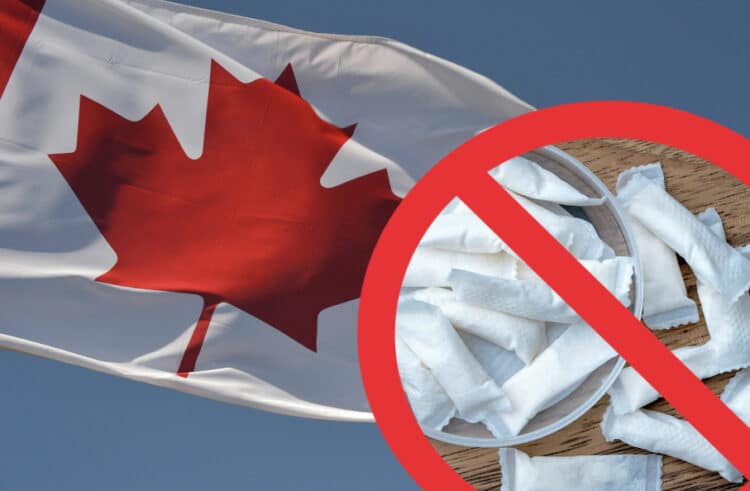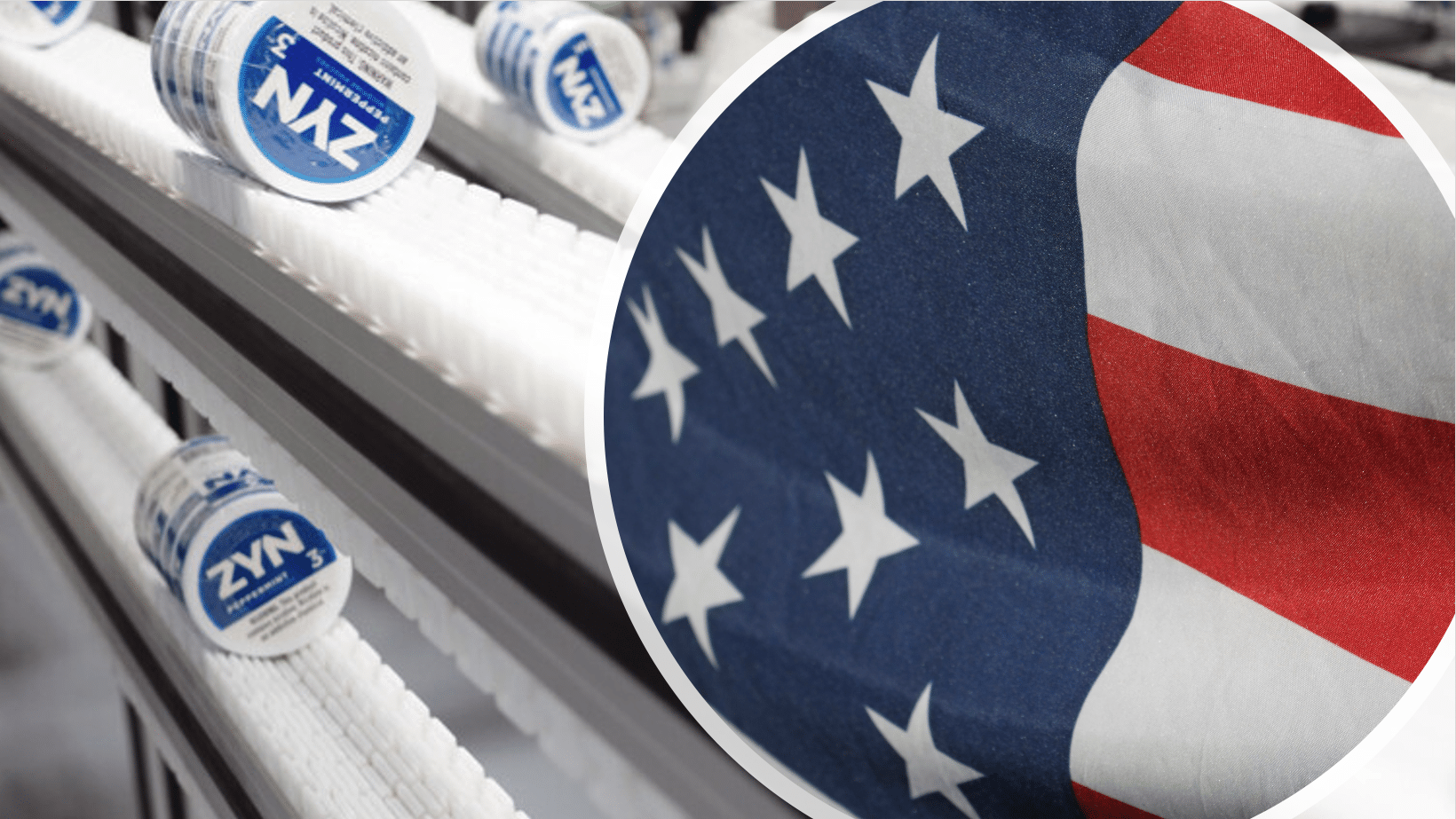
Canada tightens grip on nicotine pouches
In a controversial move, the Canadian government has decided to restrict the sale of nicotine pouches to pharmacies only, despite them being classified as aids for quitting smoking. This measure will make better alternatives for smokers in Canada who want to quit less accessible and potentially scarce.
The Canadian government recently decided to restrict access to nicotine pouches by limiting sales to pharmacies and behind-the-counter only. In addition, all flavors except mint have been banned. The measures took effect on August 28th and include restrictions on advertising and labeling.
Health Minister Mark Holland stated he views the decision as a preventative measure.
“Stronger measures are needed to protect youth from the harmful effects of nicotine and stop dependency before it starts. The action our government is taking will keep these products available for adults who need them to quit smoking while making sure they don’t get into the hands of youth for recreational use” he stated in a press release.
Classified as nicotine replacement products
Today, nicotine pouches are classified as nicotine replacement products in Canada, like gum and patches. This classification was adopted after Health Canada conducted a two-year study on nicotine pouches.
Canada’s Minister for Mental Health and Addiction, Ya’ra Saks, acknowledges that smoking cessation products “play an important role in helping adults quit smoking”.
Despite this, the government is now sending a clear signal that smokers are being left behind.
“This is unfortunately yet another example of total failure in tobacco policy,” says Patrik Strömer, Secretary General of the Association of Swedish Snus Manufacturers.
“If the goal is to reduce the number of smokers, it logically should be made easier for Canadians to get their hands on products that can help them quit smoking. But Mark Holland seems to have been completely gripped by moral panic and thus failed to understand how nicotine pouches can help.”
Holland overturns agency decision
Holland was granted the authority to limit sales, import, and advertising of health products that he deems are used for purposes other than their intended use and that may cause harm.
But that he would misinterpret his mandate so greatly and overturn an evidence-based approval process established by an agency was unforeseen, Strömer adds.
Calls for international studies on snus
Restricting the sale of nicotine pouches to pharmacies means it will be easier for smokers to access deadly cigarettes than safer alternatives. There is also a risk that pharmacies will run out quickly and that nicotine pouches will become scarce, a devastating consequence for those trying to quit cigarettes for good.
“It’s incredibly unfortunate that Canada has failed to learn from Sweden’s experience. It’s no coincidence that Swedish men have the lowest risk of lung cancer in the EU, and now Swedish women are also choosing better alternatives since the launch of nicotine pouches. I really hope for more international scientific studies that confirm public health benefits of snus and nicotine pouches,” says Strömer.




